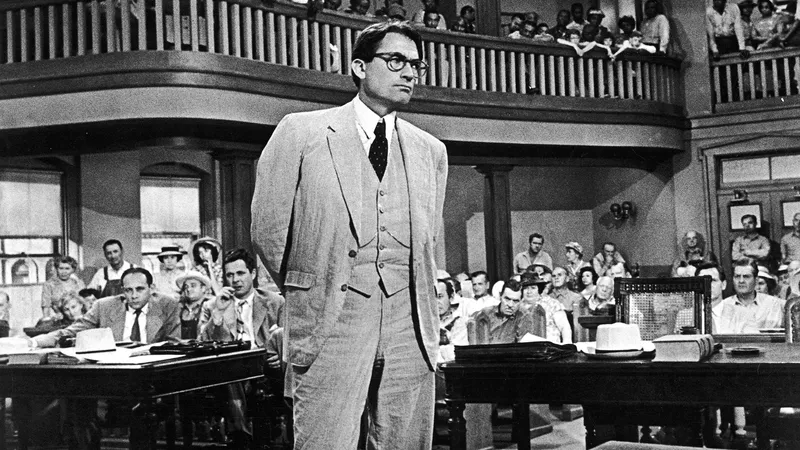Hey there, bookworms and literary enthusiasts! On July 11th, 1960, American author Harper Lee unveiled her literary masterpiece, To Kill a Mockingbird, to the world. This seminal novel has since captivated readers young and old with its poignant narrative and profound exploration of social justice and morality in the Deep South. Join me as we delve into the enduring legacy and impact of this literary gem.
A Glimpse into the Novel
To Kill a Mockingbird is set in the fictional town of Maycomb, Alabama, during the 1930s. Through the innocent eyes of Scout Finch, a young girl navigating the complexities of racial injustice and moral growth, Harper Lee masterfully unveils a narrative that resonates with timeless themes.
Themes of Racism and Prejudice
One of the novel’s central themes is its sensitive portrayal of racism and prejudice. Lee addresses these issues through the trial of Tom Robinson, a black man falsely accused of assaulting a white woman. Through the character of Atticus Finch, Scout’s father and a principled lawyer, Lee challenges societal norms and exposes the harsh realities of bigotry and inequality.
Character Development and Moral Awakening
Scout Finch’s journey from innocence to understanding serves as a powerful narrative arc. As she witnesses the injustice faced by Tom Robinson and confronts the deep-seated prejudices of her community, Scout’s moral compass matures, offering readers a profound reflection on empathy, compassion, and the complexities of human nature.
Literary Significance and Awards
Upon its release, To Kill a Mockingbird garnered critical acclaim and quickly became a literary sensation. It won the Pulitzer Prize for Fiction in 1961, cementing its place in American literature. The novel’s enduring relevance is evidenced by its inclusion in school curricula worldwide, where it continues to spark discussions on race, justice, and morality.
Cultural Impact and Adaptations
Beyond its literary acclaim, To Kill a Mockingbird has left an indelible mark on popular culture. The novel has been adapted into a successful film in 1962, starring Gregory Peck as Atticus Finch, further amplifying its reach and influence. Its themes remain relevant today, inspiring adaptations for the stage and continuing to provoke thought and discussion on issues of race and social justice.
Legacy and Continued Relevance
Decades after its publication, To Kill a Mockingbird continues to resonate with readers for its timeless themes and poignant storytelling. Its exploration of moral integrity, racial injustice, and the power of empathy remains as relevant today as it was in the 1960s, inviting readers to reflect on their own values and beliefs.
Conclusion: Celebrating Harper Lee’s Masterpiece
As we commemorate the publication of To Kill a Mockingbird on July 11th, 1960, we honor Harper Lee’s enduring contribution to literature and society. Her ability to confront difficult truths with sensitivity and insight has left an indelible mark on readers around the world. So, pick up a copy, revisit the town of Maycomb, and embark on a journey of discovery with Scout Finch—one that continues to inspire and enlighten.












What do you think?
It is nice to know your opinion. Leave a comment.